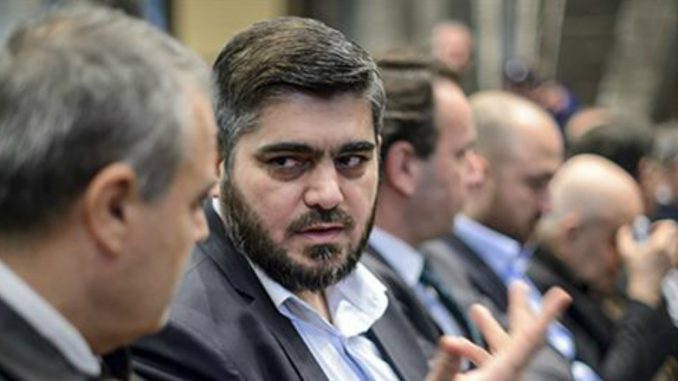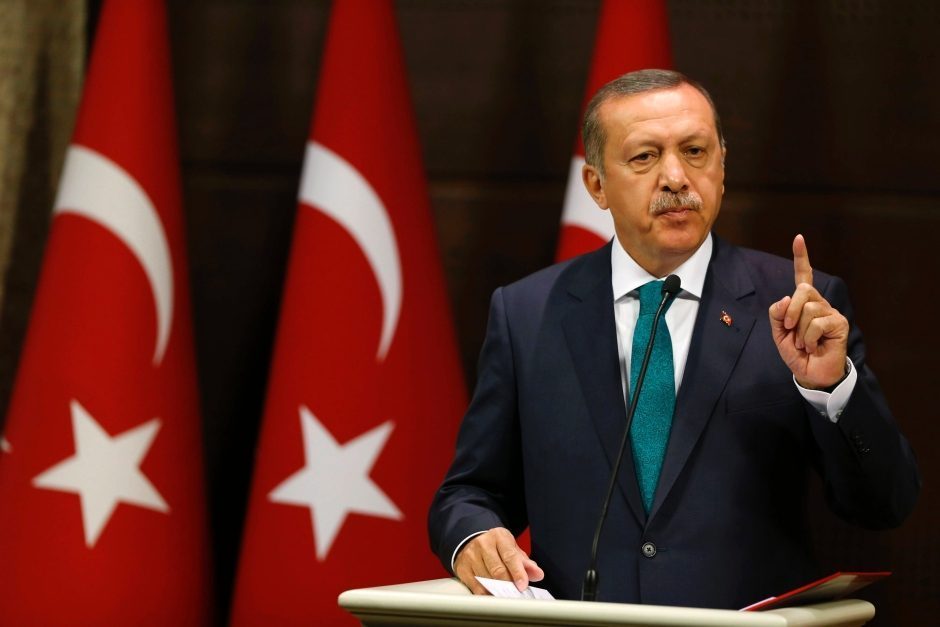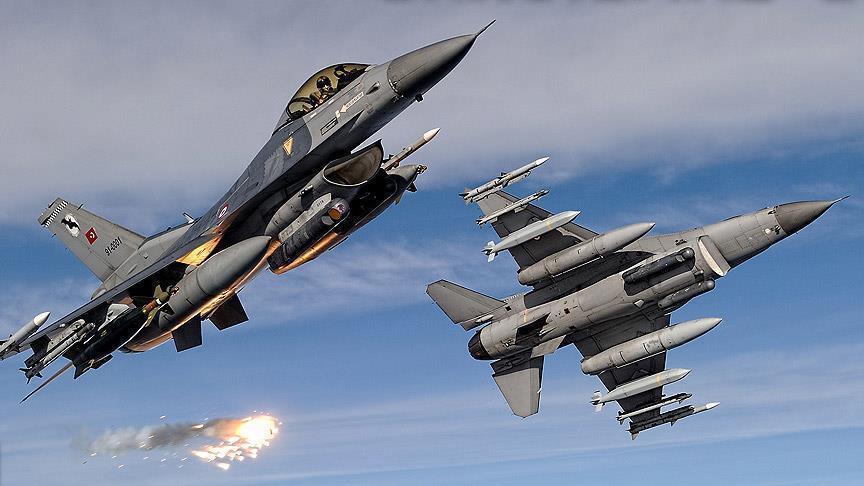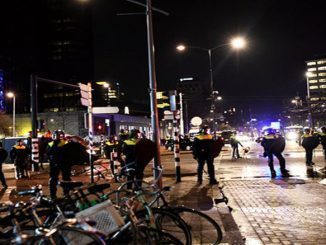
The Syria peace talks in Astana ended with Russia, Turkey, and Iran declaring a joint statement to support the shaky ceasefire in Syria and prepare for the upcoming talks in Geneva, but the opposition said they have demands that should be met before that.
Russia said it has a new plan for Syria peace talks which can be achieved with powers that have a real effect on the Syrian ground after its forces backed Assad regime to achieve many victories against the opposition and tilted the tide of war in his favor.
Russia, Iran, and Turkey said they were ready to help broker a Syria peace deal
Russian President Vladimir Putin said then that that Syrian opposition groups and the Syrian government had signed a number of documents including a ceasefire deal that will be guaranteed by Turkey and Russia.
The documents include a ceasefire agreement between the Syrian government and the opposition, measures to monitor the ceasefire deal and a statement on the readiness to start peace talks to settle the Syrian crisis, Putin said.
The ceasefire went into effect on December 29 but has been breached numerous times by Assad regime and the Iran-backed militias especially around Damascus city.
The opposition delegation said at first that they will not attend the talks in Astana on January 23 due to the regime breaches, then said they will take part and focus on finding ways to maintain the ceasefire and protect the civilians.
The first day of the talks was focused on ways to strengthen the ceasefire. It ended with tension as both parts traded blames over truce breaches. In addition, the opposition refused to have direct negotiations with Assad regime.
Joint statement and opposition coming role
The talks have ended with Russia, Turkey and Iran making a joint statement about the consequences of the talks and agreeing on a mechanism to support a delicate ceasefire, but it didn’t state how such a ceasefire can be maintained.
“We reaffirm our commitment to the sovereignty, independence, unity and territorial integrity of the Syrian Arab Republic as a multi-ethnic, multi-religious, non-sectarian and democratic State, as confirmed by the UN Security Council,” said the statement.
They added that there’s no military solution for the Syrian crisis, as Russia has previously stated.
“We express our conviction that there is no military solution to the Syrian conflict and that it can only be solved through a political process based on the implementation of the UN Security Council resolution 2254 in its entirety,” the statement added.
“We Decide to establish a trilateral mechanism to observe and ensure full compliance with the ceasefire, prevent any provocations and determine all modalities of the ceasefire,” but no obligatory action or preventive ways were mentioned or taken in this matter as Assad regime and Iran’s militias continued their offensive on rural Damascus.
They also said they supported the willingness of the armed opposition groups to participate in the Geneva talks and that they were committed to “minimising violence, building confidence, ensuring humanitarian access, protection and free movement of civilians.”
Opposition refusal and demands
The opposition, who for the first time were represented by military rather than just political figures, submitted a separate proposal on the ceasefire and questioned Iran’s legitimacy as a broker at a time when they said Iranian militias were breaching the ceasefire.
The communique legitimized Iran’s “bloodletting” in Syria, complained Alloush, head of the opposition delegation, and did not address the role of Shi’ite militias fighting the rebels.
The opposition also showed no signs of quitting their demand that President Bashar al-Assad step down as soon as possible, something Damascus won’t accept.
“I don’t believe that the communique will be strong enough to be taken to the UN,” said Aridi, citing a number of rebel demands, including the lifting of sieges, the release of prisoners and the delivery of aid to besieged areas, that he said had not yet been “confirmed”.
Osama Abu Zaid, a legal adviser to the Free Syrian Army, said opposition participation in the Geneva talks depended on whether their demands, which were presented to the Russians, were met.
“We presented a scheme for mechanisms to monitor and implement the ceasefire,” Abu Zaid said during a press briefing shortly after the joint statement was made.
“The Russians have promised to review [the demands] in a week and said they will make a decision with the Turkish side during their meeting in Astana after seven days.”
“This is a joint statement by three countries. We are not party to this agreement. It is an agreement between Russia, Iran and Turkey – they can sign any agreements they want to. But from our side, we said we had many reservations,” said Abu Zeid.
Rebel representatives also said the success of the talks would depend on the “removal of all foreign [Iran-backed] militias” from Syria and the ability of Moscow and Ankara to ensure that Iran abides by the agreement.
However, the question that remains is the opposition’s to take such a decision and accept its consequences. The opposition came to Astana talks in the weakest state since the start of the crisis, as many of the rebels’ strongholds were lost due to Russian campaign and Assad regime has most of the pressure cards in its hand.
It is right the Russia seeks a political solution and wants the crisis to end, and Turkey backs the opposition and oppose Assad’s role in Syria, but will they follow the opposition’s demands, or they will force them to accept middle points as Assad regime has done before?
The Syrian crisis began as a peaceful demonstration against the injustice in Syria. Assad regime used to fire power and violence against the civilians and led to armed resistance. 450.000 Syrians lost their lives in the past five years according to UN estimates, and more than 12 million have lost their homes.



